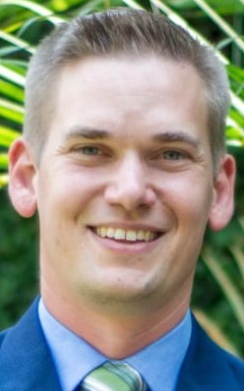The Role of Electric Cooperatives in Expanding Access to Electricity
Over the past 80 years, electricity access has evolved from a luxury to an essential foundation for participation in an increasingly global economy. Various electrification models and modalities have found success in a variety of countries and contexts. Historically, the rural electric cooperative model has been integral to achieving universal electrification in the United States as well as near-universal electrification in much of Latin America, particularly Bolivia, Guatemala, Costa Rica, and Brazil. Moreover, the electric cooperative model has also been instrumental in the electrification plans of southeast Asia including the Philippines and Bangladesh. Nevertheless, despite a broad movement of economic and agricultural cooperatives in Sub-Saharan Africa, rural electric cooperatives have yet to play a leading role in addressing SDG7 and the goal of universal access to reliable, affordable, and modern electricity infrastructure by 2030. This presentation will present an overview of the electric cooperative model and its applicability to rural electrification in Sub-Saharan Africa, both in grid expansion and mini-grid context. Additionally, the presentation will provide an overview of cooperative formation and governance along with current case studies from Liberia, Uganda, and South Sudan. The presentation will offer recommendations for how electric cooperatives may offer lessons to other stakeholders in national electrification planning including private mini-grid developers, independent power producers, public utilities, policymakers, and international donors.
Speaker:

Frank Bergh
Senior Engineer
NRECA International
Mr. Bergh is an experienced electrical engineer with over a decade of diverse multicultural and interdisciplinary leadership in renewable energy projects. He specializes in the interconnection and design of utility-scale and micro-grid wind, solar, and energy storage projects as well as renewable energy integration in North & South America, the Caribbean, and several African nations. He holds an Electrical Engineering degree with a minor in Spanish from Washington University in St. Louis. His professional experience spans utility consulting (Burns & McDonnell), wind energy (Nordex), solar energy (SoCore Energy), energy storage (Edison Energy), energy access (Sigora International) as well as more than 12 years of renewable energy and microgrid experience as a volunteer and former board member of Engineers Without Borders USA. He is an instructor in Technology & Community Based Development at Colorado State University and a former contributing editor to Engineering for Change.
Senior Engineer
NRECA International
Mr. Bergh is an experienced electrical engineer with over a decade of diverse multicultural and interdisciplinary leadership in renewable energy projects. He specializes in the interconnection and design of utility-scale and micro-grid wind, solar, and energy storage projects as well as renewable energy integration in North & South America, the Caribbean, and several African nations. He holds an Electrical Engineering degree with a minor in Spanish from Washington University in St. Louis. His professional experience spans utility consulting (Burns & McDonnell), wind energy (Nordex), solar energy (SoCore Energy), energy storage (Edison Energy), energy access (Sigora International) as well as more than 12 years of renewable energy and microgrid experience as a volunteer and former board member of Engineers Without Borders USA. He is an instructor in Technology & Community Based Development at Colorado State University and a former contributing editor to Engineering for Change.